10th State of the Presidency
Posted by CenPEG
July 25, 2018
The Philippines suffered employment losses and trade deficits capped by an accelerated inflation in the second year of the Duterte administration.
Prof. Joseph Anthony Lim pointed this out in an economic briefing during CenPEG’s 10th State of the Presidency (SOP), “Duterte’s Strongman Rule: The Gathering Storm?” on July 20 at the University of the Philippines’ College of Mass Communication (CMC) auditorium, Diliman, Quezon City.
In the first half of 2018, Lim said, “grave economic problems arose.” As the Tax Reform for Acceleration and Inclusion (TRAIN 1) law was implemented, inflation accelerated with rising rice as well as oil and gas prices, and stronger devaluations. The Philippine stock market entered the bear weak territory resulting in a decline in foreign and domestic investor confidence, Lim, a professor from the Ateneo University, also said.
Appraising Duterte’s first two years as president, Prof. Temario C. Rivera, said the chief executive’s authoritarian bent “has been most pronounced” in public order and security issues such as the bloody campaign against illegal drugs and the “erratic peace talks” with the left National Democratic Front of the Philippines (NDFP).
In public policy, Rivera, the current CenPEG Board chair, said, Duterte “has projected himself unabashedly as the only legitimate arbiter of what is good for the country, persistently sidetracked the rule of law, and pursued dangerously simplistic responses to complex issues such as the drug problem and peace negotiations.”
Luis V. Teodoro, an opinion columnist and former Dean of the UP CMC, warned that press freedom and the Philippine media have been under threat from the Duterte administration since 2016. Teodoro lamented the lack of “a sense of urgency” in much of the corporate media leaving the expose of the present crisis to the alternative media based mostly in the communities where human rights violations, the killing of journalists, and other abuses are most pronounced.
Looking into the volatile peace talks between government and the NDFP, Bobby M. Tuazon, CenPEG director for policy studies, said that the basic mechanisms for moving the 32-year process forward had long been set up including 10 agreements that had been signed, sequencing of the talks, and the formation of working committees. Duterte, on the other hand, had either “cancelled, postponed, or terminated” unilaterally the peace negotiations five times since he became president in July 2016.
Through the past three decades of talks, Tuazon said, the military’s upperhand and militarist stance in the process has been decisive in scuttling the negotiations from one sitting president to another. But this time, Duterte’s own “exiguous view on the peace process has been determinant in the government position unstable and unreliable,” he said.
Other speakers in the public forum were Prof. Roland G. Simbulan, CenPEG vice-chair, who talked on Duterte’s close relations with China and the deepening military presence of the US; Prof. Nathalie Africa-Verceles, Director of UP’s Center for Women’s and Gender Studies, whose topic was on “Women in the time of Duterte”; and Amirah Ali Lidasan, secretary general of the Moro-Christian People’s Alliance, who dealt on the Bangsamoro Basic Law, now called Bangsamoro Organic Law and the martial law situation in Mindanao.
The public forum had CenPEG Executive Director Evita L. Jimenez as the moderator. Acting as reactor was UP political science professor, Alicor Panao.
The CenPEG panel speakers gave Duterte a failing rate of 5.0 on a scale of 1-10.
The 10th SOP was attended by NGO leaders, academics, media, and observers from diplomatic missions. CenPEG News
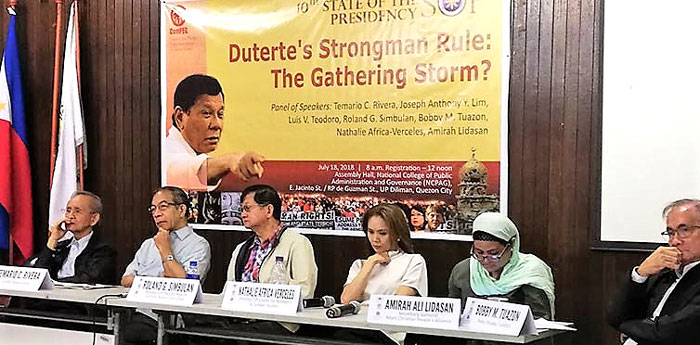
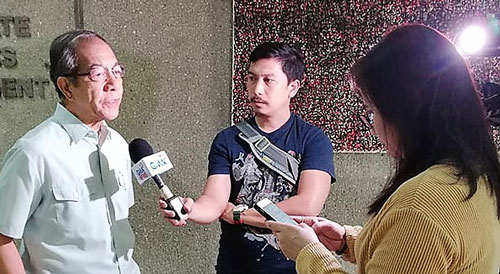
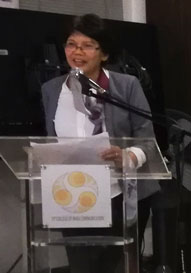
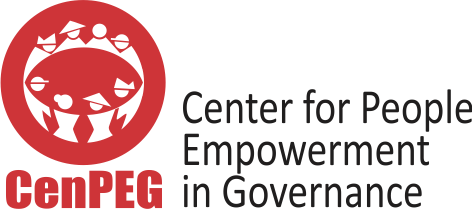
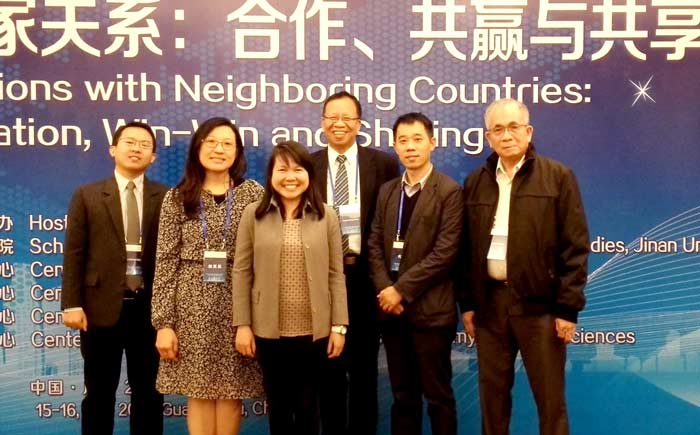
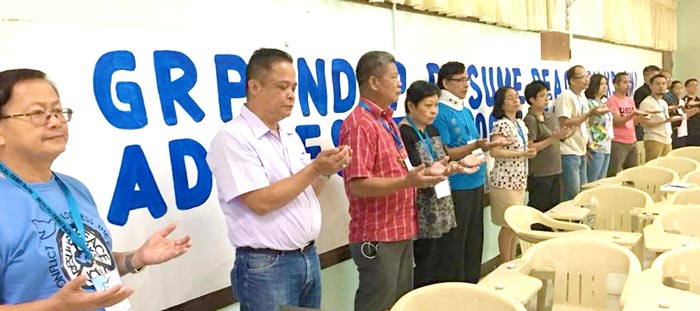
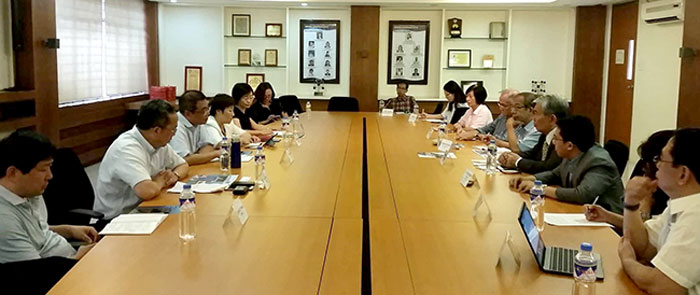
Leave a Reply